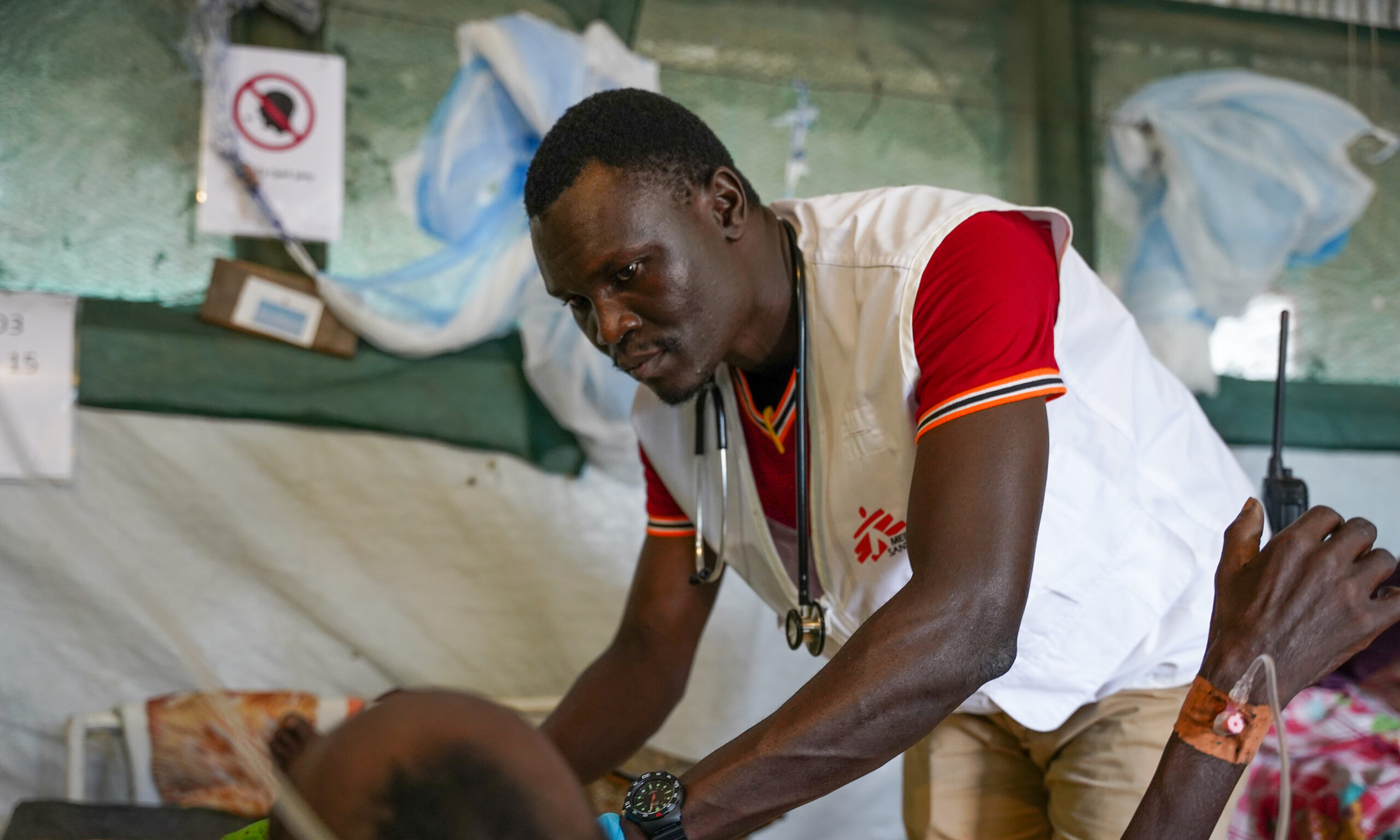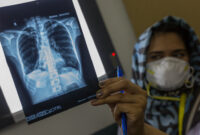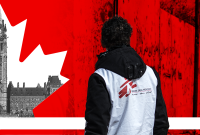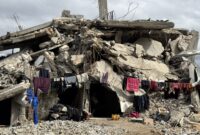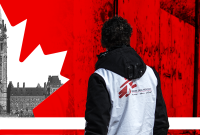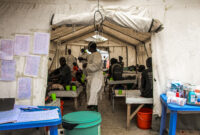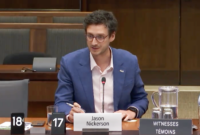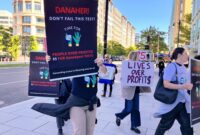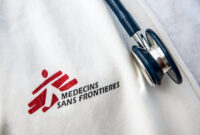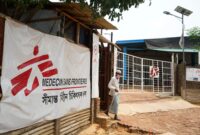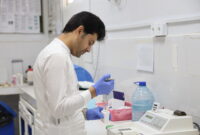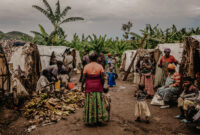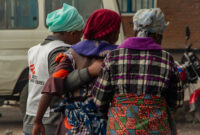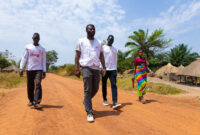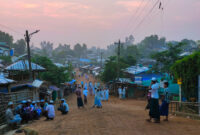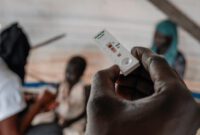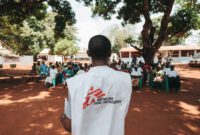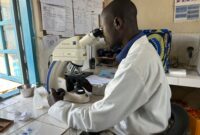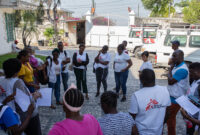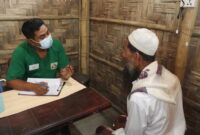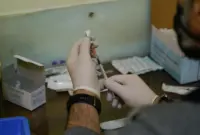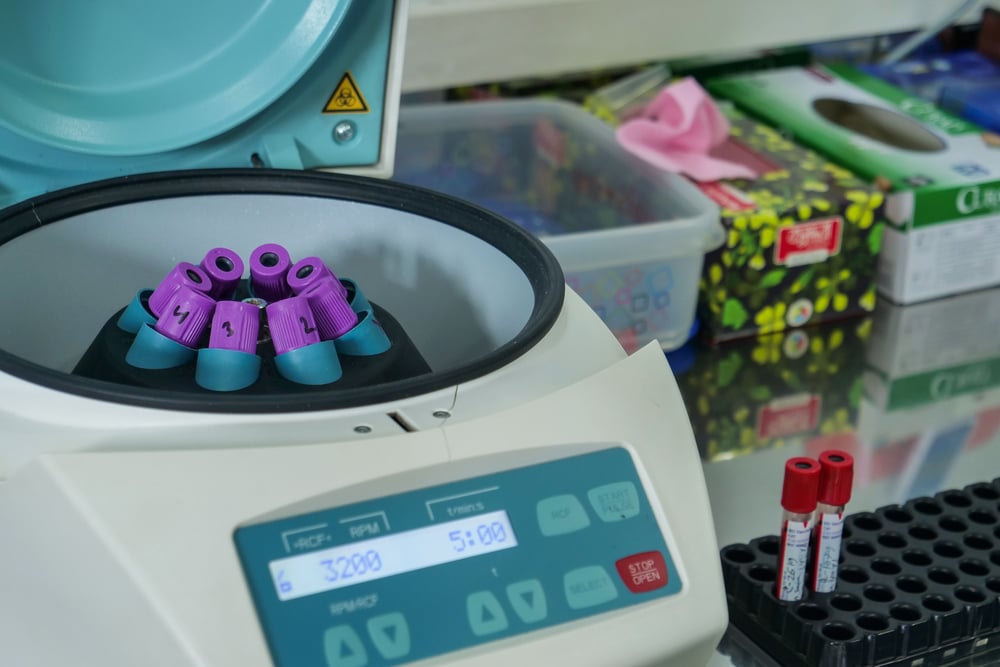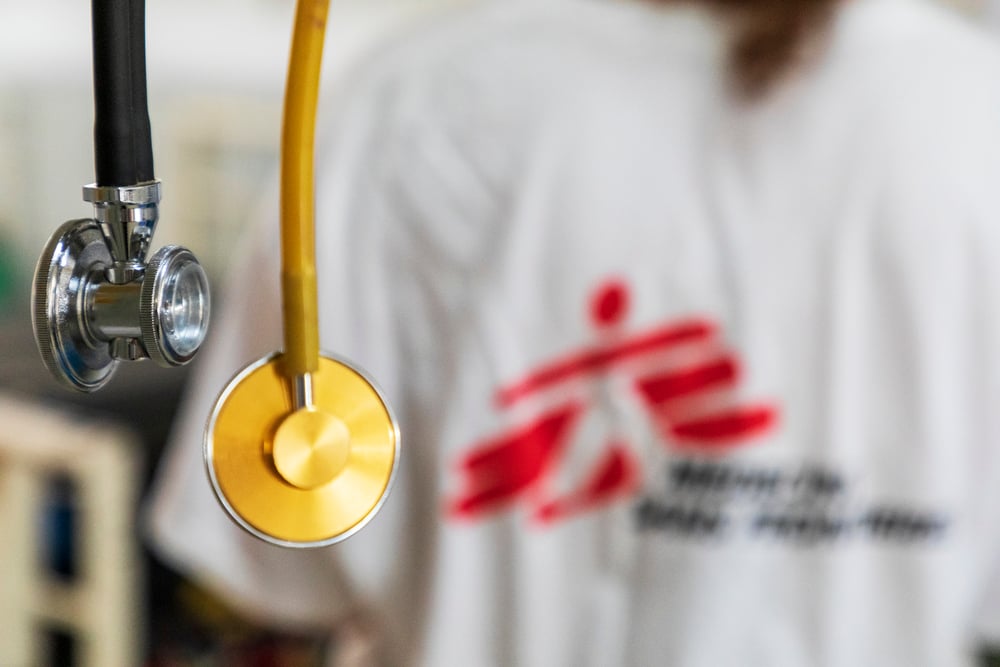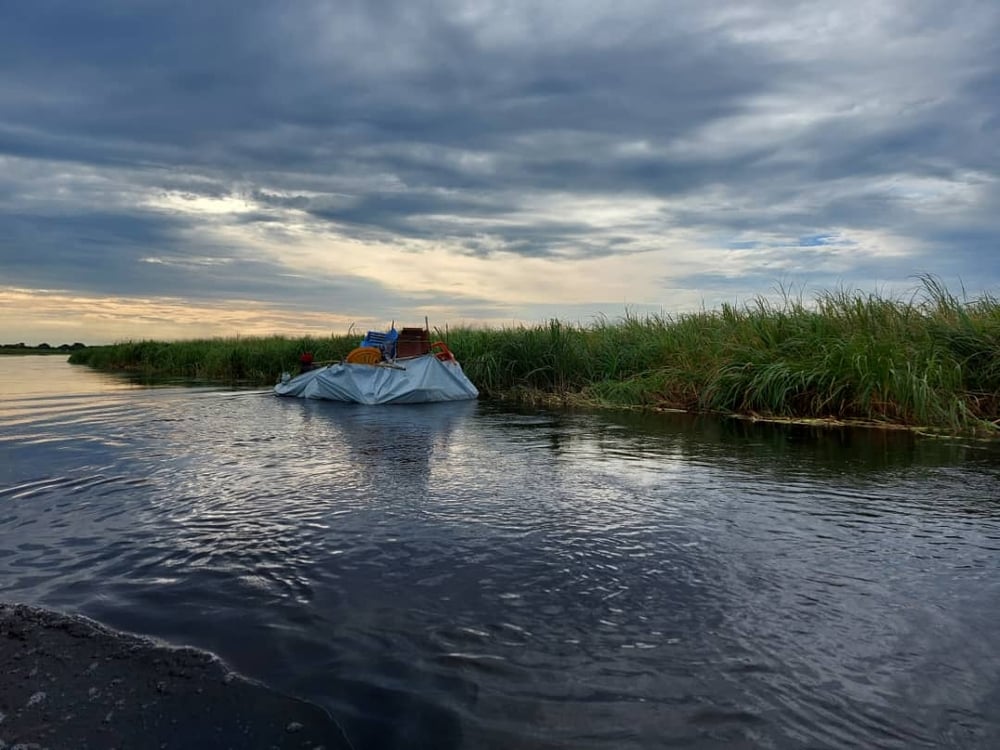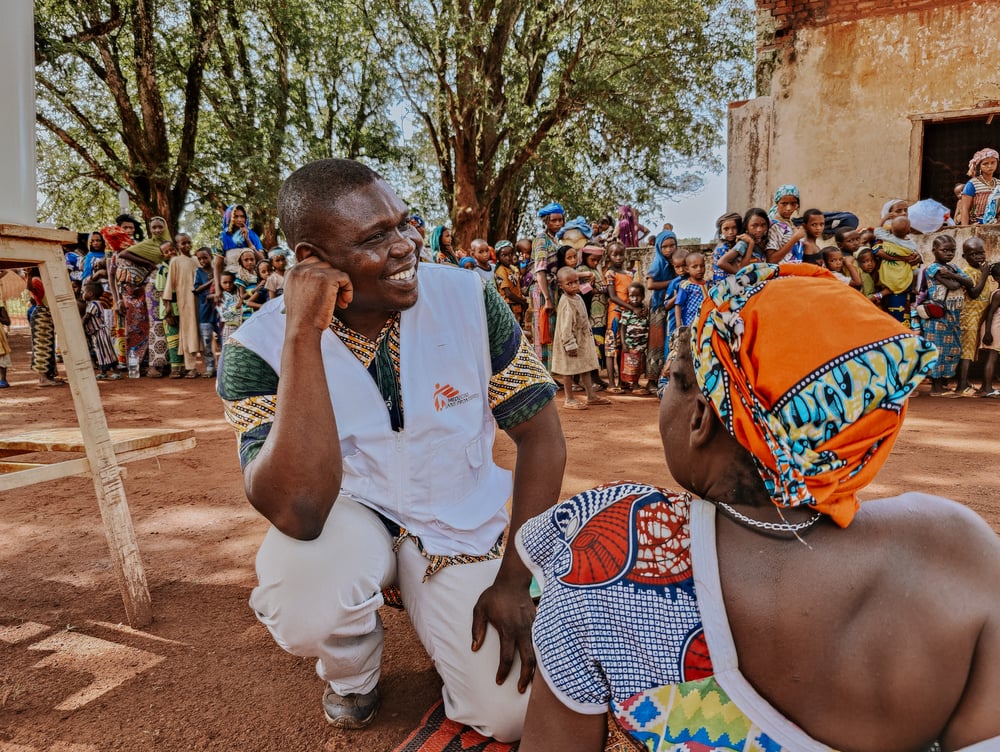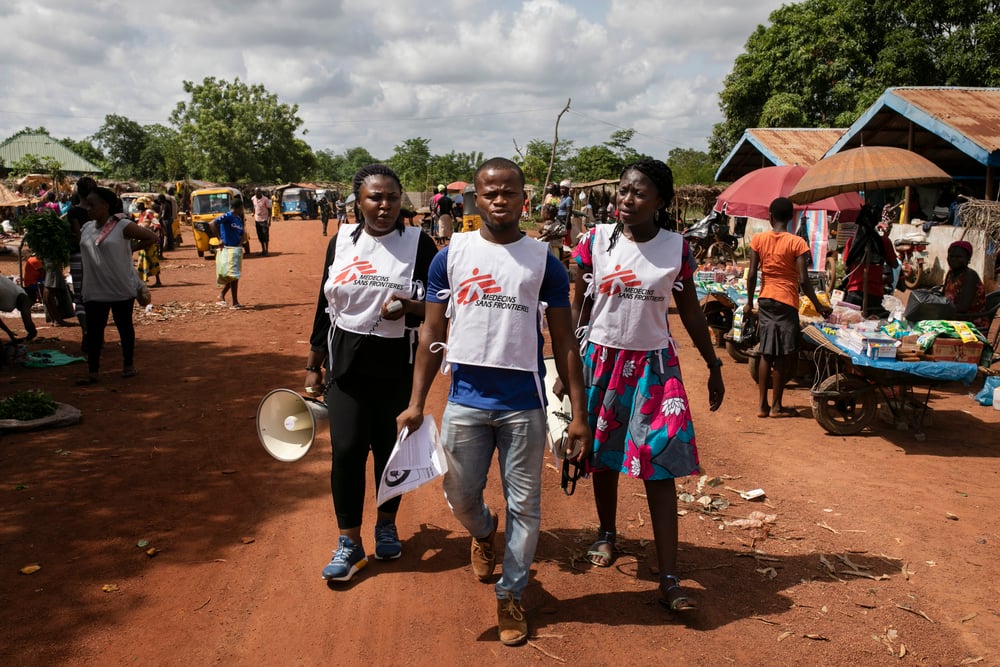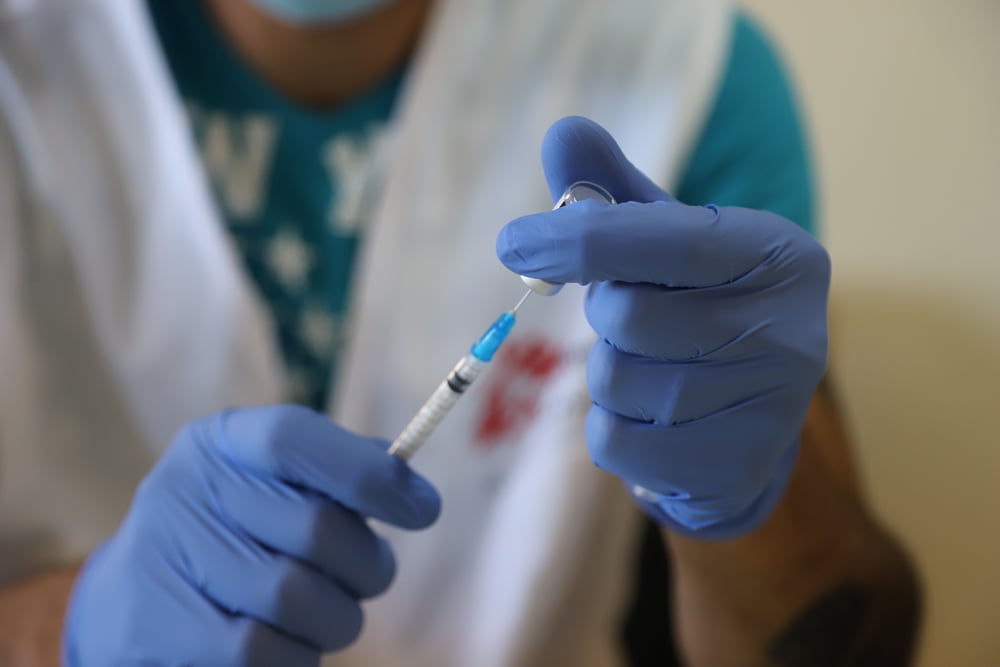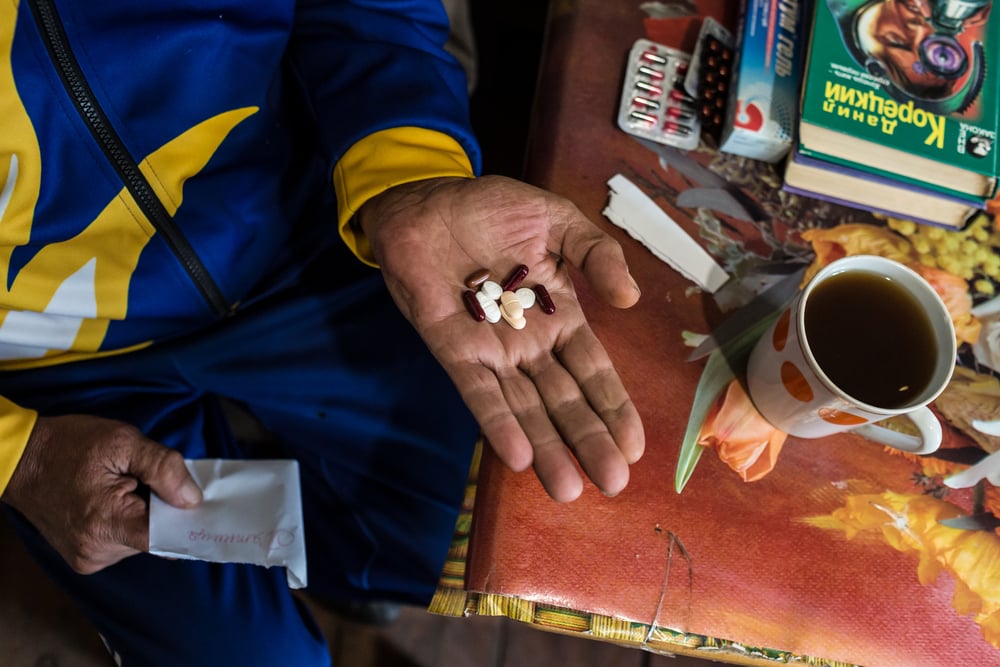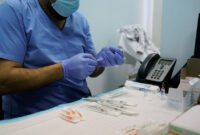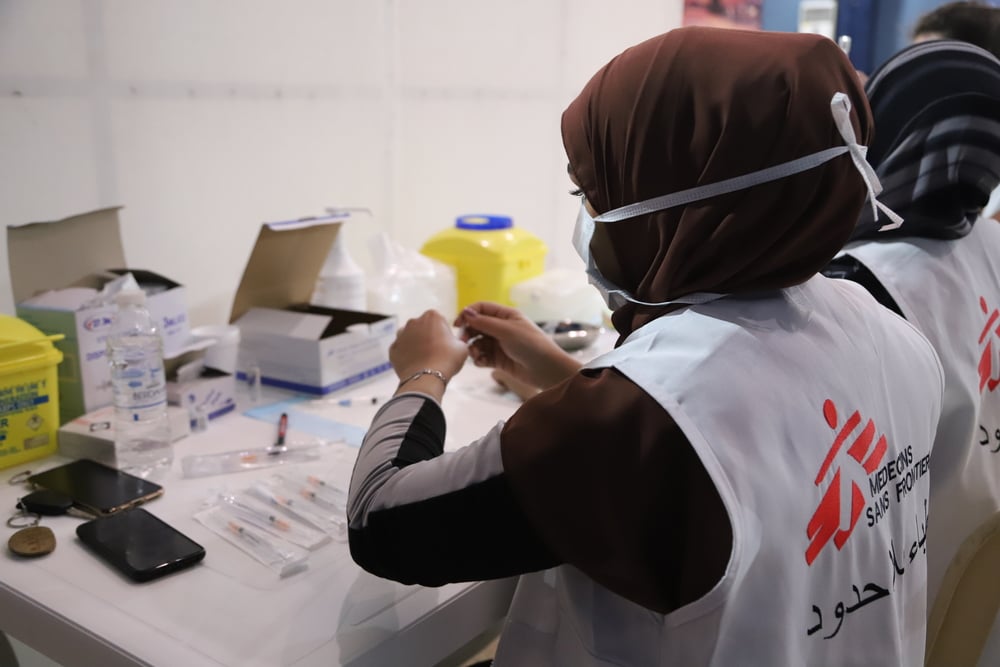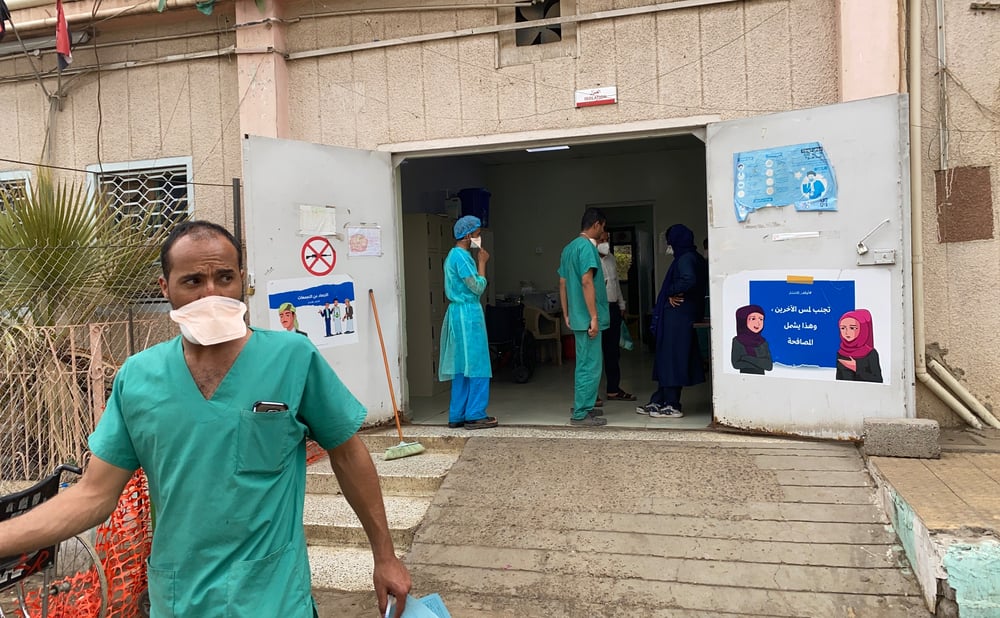Replenishing the Global Fund to Fight AIDS, Tuberculosis and Malaria is an opportunity for Canada to stand up for humanity
Decades of progress in global health are at risk without critical action.
The fight against three of the world’s most harmful and widespread diseases is under threat. Dramatic cuts to global health funding will impact the international response to AIDS, TB (tuberculosis) and malaria.
For decades, the Global Fund to Fight AIDS, TB and Malaria (known as the Global Fund) has played a central role responding to these diseases. But in January, the U.S. announced a suspension and review of international aid. Previously, they were the largest funder of global health programs.
Since then, the U.S. still hasn’t fulfilled almost half of the 6 billion USD ($8.3 billion Canadian) it pledged to the Global Fund for the 2023-2025 period.
At the same time, and while not always attracting headlines, other countries have also been cutting their foreign aid budgets.
Canada and other key donors have yet to announce a pledge for the Global Fund’s next three-year funding cycle. This commitment is due in November.
The Global Fund has long played a fundamental role in the response to HIV, TB and malaria in countries with fragile health systems. It helps purchase medication and tests, pay health workers and support disease prevention. If more substantial pledges aren’t made, there could be huge setbacks in decades-long efforts to reduce illnesses and deaths.
In Honduras, for example, sudden cuts by the U.S. halted many HIV prevention and patient care programs earlier this year. Patients lost access to pre-exposure prophylaxis (PrEP) medications overnight. This was a key tool in preventing the spread of HIV.
Essential funding for global health
Every year, Doctors Without Borders/Médecins Sans Frontières (MSF) provides medical care for more than three million people with malaria. At the same time, we offer assistance for tens of thousands of patients with HIV or TB.
While MSF’s work is not financed by the Global Fund, we are deeply concerned about the impact of weakening support for its global health programs. Hundreds of community-based health organizations that rely on the Global Fund are being forced to scale back their plans. They are facing financial uncertainty and potentially even more devastating cuts.
The looming consequences of these cuts are greater illness and death. MSF teams are already witnessing these impacts, as other vital global health funders withdraw from places we work.
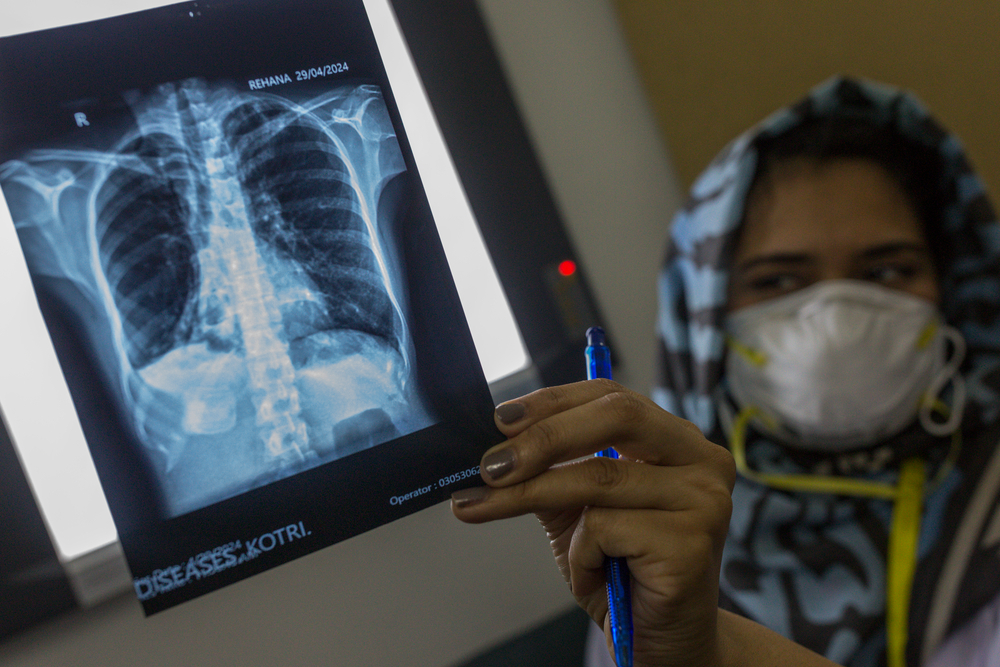
In Honduras, for example, sudden cuts by the U.S. halted many HIV prevention and patient care programs earlier this year. Patients lost access to pre-exposure prophylaxis (PrEP) medications overnight. This was a key tool in preventing the spread of HIV. Patients missed follow-up care after health workers lost their jobs. Consequently, more HIV-positive patients are returning to health centres with advanced infections.
These cuts come at a time when many regions are experiencing crises that already make it challenging to provide care. In Sudan, for instance, critical shortages of HIV, TB and malaria supplies have been an ongoing issue in the country since the war broke out. In the region of South Kordofan, HIV and TB medications are unavailable across the region — the last known provision was a small donation from MSF.
The reality of infectious diseases is that when left unchecked, they spread. Cutting funding can undermine years of hard-won progress. The idea that national governments can replace global health funding isn’t viable in many places where we work. As highlighted in MSF’s recent Deadly Gaps report, the cost burden inevitably falls on patients who cannot afford care.
But successful programs and promising innovations can save lives today and tomorrow. Experience shows that community-based organizations are highly effective at delivering services. Organizations like those supported by the Global Fund are making progress that must not be reversed.
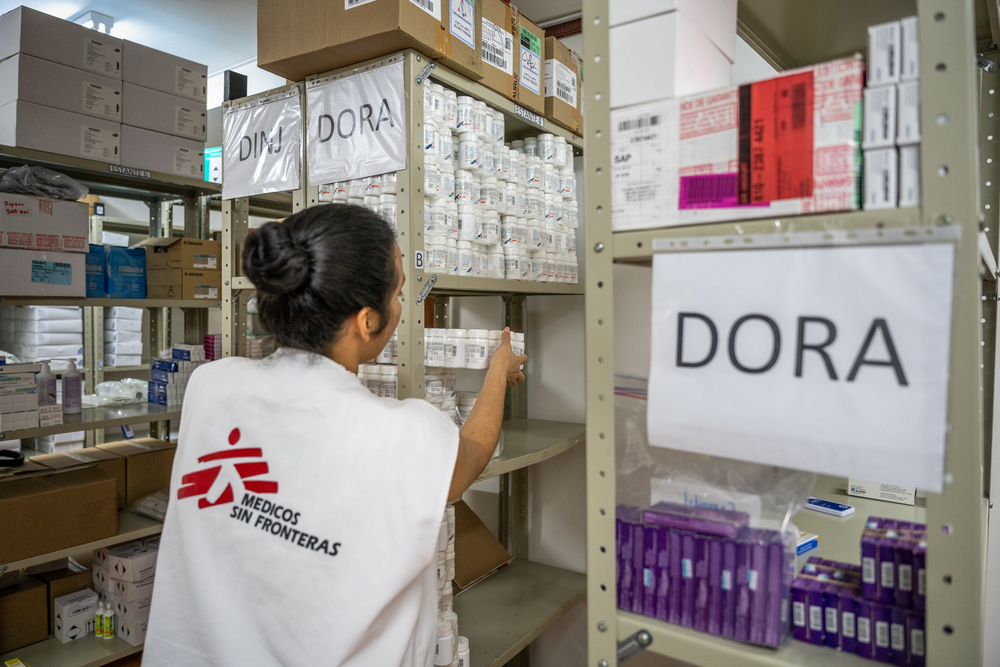
Funding cuts compromise promising medical advances
Funding cuts have come even as medical advances show great potential. Millions of people with HIV are now able to lead healthy lives thanks to viral load suppression. Yet HIV still causes an estimated 1.3 million new infections and more than 600,000 deaths per year.
New, injectable PrEP can prevent HIV infection and protect people who are at high risk. As a result, transmission is lowered more broadly. For example, in Malawi, sex workers are at extremely high risk of HIV infection, with a prevalence of nearly 60 per cent. MSF teams are currently working alongside organizations for sex workers to provide injectable PrEP in two towns. Yet national scale-up efforts have stalled due to reduced U.S. funding.
Responding HIV, TB and malaria is a generational challenge. It requires engagement from across sectors, contexts and disciplines. We urge Canada to continue its critical support to the Global Fund on behalf of affected communities worldwide.
Similarly, while TB causes an estimated 1.5 million deaths per year, research and experience show potential for it to be eliminated. Fewer cases have been going undetected thanks in part to efforts by the Global Fund. We have better diagnostic tools, shorter treatment regimens and improved prevention and treatment for people with latent TB infections and different bacterial strains. But these all require sustained funding to implement at scale.
In Sudan, for example, MSF has witnessed TB testing equipment sitting unused due to an absence of trained staff. Lack of funding also threatens future progress. Research on drug-resistant TB that was being supported by MSF and the Global Fund in Belarus was recently halted due to the unmet U.S. Global Fund pledge.
Malaria is the leading cause of death among children under five in countries where it is endemic. Distributing insecticide-treated bed nets, pre-emptively administering malaria medications to young children and rolling out new malaria vaccines can reduce infections and save lives.
The current gaps in malaria prevention, diagnosis and treatment have an immense human impact. Our medical teams in Central African Republic, South Sudan and Democratic Republic of Congo regularly report that rapid diagnostic tests and medications are unavailable and health facilities are understaffed. This can lead to severe and deadly consequences for often very young patients. A sustained investment by the Global Fund is urgently needed.
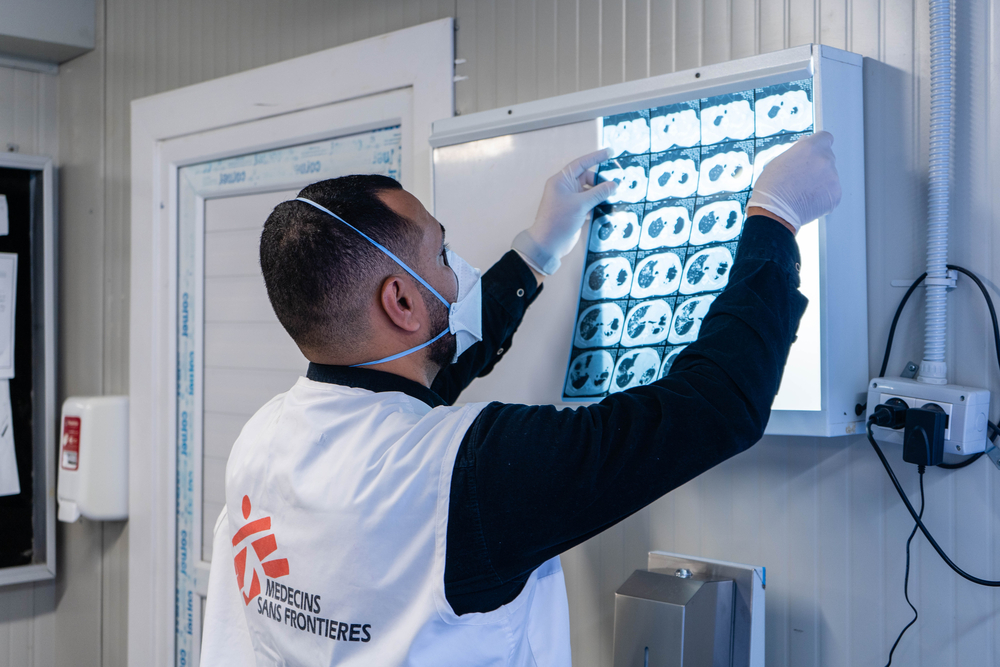
Canada must act
Canada is a founding donor to the Global Fund and has made sizeable contributions over the years. At the last replenishment in 2022, Canada showed real leadership by meeting calls from civil society to increase its pledge by 30 per cent.
As Canada prepares to announce its support to the Global Fund for the coming years, we urge it to continue this pattern of leadership. Canada must continue to prioritize increased support for the response to these three deadly diseases.
Responding to HIV, TB and malaria is a generational challenge. It requires engagement from across sectors, contexts and disciplines. We urge Canada to continue its critical support to the Global Fund on behalf of affected communities worldwide.
